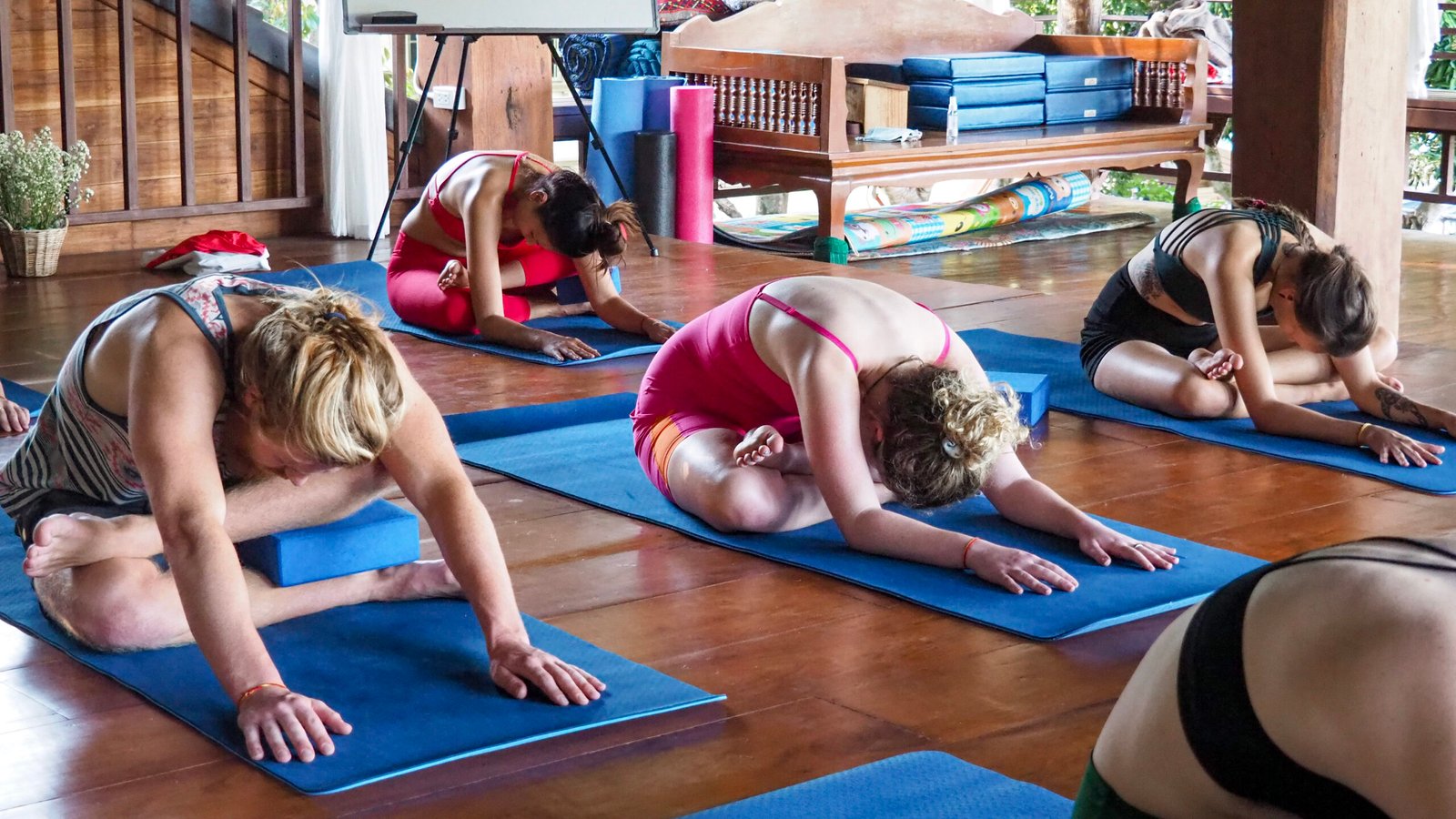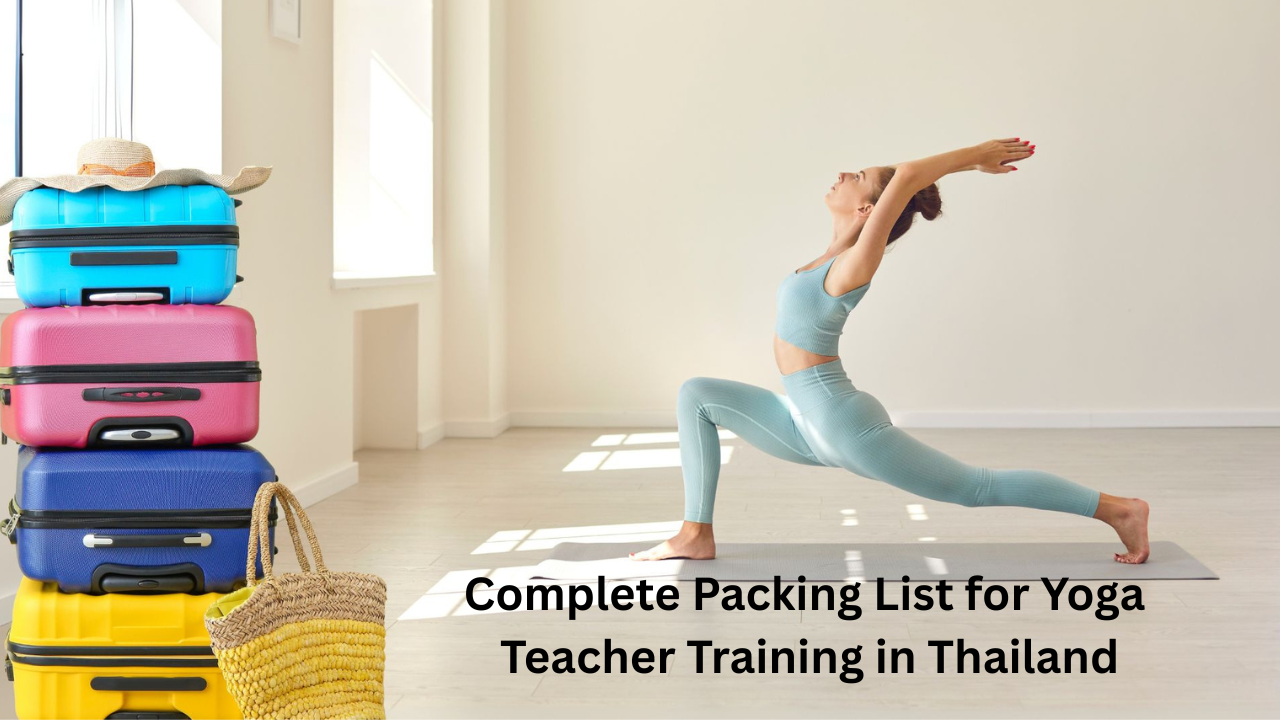Many people face stress as a regular part of their daily life because our current rapid-paced environment brings increasing deadlines alongside multiple responsibilities. A potent remedy against stress exists through the means available to you. Exercise functions as an outstanding remedy to fight against anxiety while reducing tension. Physical activity provides multiple health benefits beyond fitness along with being a powerful stress-relieving remedy that can be experienced through walking in the park and gym workouts and passionate dance classes. This exploration examines the powerful effects of physical exercise until we understand how body movement transforms mental calmness along with mood enhancement and better overall wellness. Achieving tranquility may require only a single workout.
Introduction to the Connection Between Exercise and Stress
The presence of stress continues to be an unchangeable factor within contemporary living. People encounter numerous demands which easily create overwhelming feelings between their work deadlines and personal responsibilities. Feet exist within sneakers while the solution exists to lace these sneakers. The physical benefits of exercise are widely recognized yet people fail to recognize its remarkable ability to reduce stress along with anxiety. Physical activity offers more than muscular development because it allows you to create an effective mechanism to fight both mental pressure and emotional distress.
When your heart beats during exercise it gradually starts dissolving your tension. Stress relief from physical exercise creates effects which extend far beyond normal assumptions. Understanding the impact of body movement on psychological recovery and wellness improvement during times of life’s difficulties. Every workout style offers relief from stressors because both cardiovascular activities that boost blood circulation and peaceful stretching techniques help individuals find mental peace. The upcoming exploration will unveil how physical activity reshapes our mental health state.
Understanding Stress: Causes and Effects
Life brings stress to everyone without exception. Stress develops from three main areas including work-place demands and relationships with others and financial concerns. Such elements generate mental and physical tensions simultaneously.
The buildup of stressors activates a physical fight-or-flight response in a person. Our system receives an excessive flow of two hormones known as cortisol and adrenaline through this physiological reaction. The usefulness of these hormones becomes dangerous when exposure extends beyond short-term instances.
Regular exposure to stress causes permanent changes in mental health functions. Feelings of anxiety increase until they lead people to develop both depression and burnout. Physical body signs could present as headaches together with exhaustion or stomach problems.
Learning the origins of stress enables people to reach suitable answers. Better awareness of stress lets us implement effective coping approaches by exercising and practicing mindfulness.
Must Read: Why Incorporating a Daily Yoga Routine Can Help You Better Manage Stress
How Does Exercise Help Manage Stress?
Exercise acts as a natural stress reliever. When you engage in physical activity, your body releases endorphins. These hormones create feelings of happiness and euphoria.
Moreover, exercise reduces levels of the body’s stress hormones like cortisol. This dual action helps combat the effects of stress more effectively than many traditional methods.
Physical activity also serves as a distraction. It offers an opportunity to break away from daily worries, allowing your mind to reset and recharge.
Engaging in regular workouts promotes better sleep patterns too. Quality rest plays a crucial role in managing stress levels.
Lastly, exercising can enhance self-esteem and confidence through improved fitness levels and body image. Feeling good about yourself naturally alleviates anxiety and tension.
Types of Exercise for Stress Relief (Cardio, Strength Training, Yoga)
Cardio exercises are a favorite for many when it comes to relieving stress. Activities like running, cycling, and dancing get your heart pumping and trigger the release of endorphins. This natural mood booster can help you feel more relaxed and energized.
Strength training also plays a significant role in managing anxiety. Lifting weights or doing bodyweight exercises not only builds muscle but boosts confidence as well. As you progress, you may find yourself feeling empowered and capable of tackling daily challenges.
Don’t overlook yoga’s calming benefits either. It combines movement with mindful breathing techniques that reduce tension in both body and mind. Practicing yoga enhances flexibility while fostering a deeper connection between mental awareness and physical presence.
Each type offers unique advantages that contribute to an overall sense of well-being, making them effective tools in the quest to relieve stress and anxiety.
Benefits of Regular Physical Activity on Mental Health
Regular physical activity significantly enhances mental well-being. Engaging in exercise releases endorphins, the body’s natural mood lifters. These chemicals help combat feelings of sadness and anxiety.
Moreover, working out can boost self-esteem. Achieving fitness goals, whether big or small, instills a sense of accomplishment. This newfound confidence often spills over into other areas of life.
Exercise also offers a break from daily stressors. Focusing on movement allows for mental clarity and an escape from overwhelming thoughts.
Routine physical activity can improve sleep quality as well. Better rest contributes to improved cognitive function and emotional stability.
Lastly, exercising fosters social connections when done in groups or classes. Building relationships through shared experiences creates a supportive network that benefits overall mental health too.
Tips for Incorporating Exercise into a Busy Lifestyle
Finding time for exercise in a hectic schedule can be challenging. Start small with short, manageable workouts. A 15-minute session is better than none at all.
Consider integrating activity into your daily routine. Take the stairs instead of the elevator or walk during lunch breaks. These little changes add up over time.
Plan workout sessions like appointments. Schedule them on your calendar and treat them as non-negotiable commitments to yourself.
Try high-intensity interval training (HIIT) for maximum benefits in minimal time. Just a few bursts of intense effort can elevate your heart rate and mood quickly.
Lastly, make it fun! Join a class or invite friends to get moving together. Enjoying the process makes it easier to stick with it amidst life’s demands.
Additional Strategies for Combating Stress (Meditation, Mindful Breathing)
Incorporating meditation into your routine can significantly enhance your ability to manage stress. Just a few minutes of focused breathing allows the mind to settle and creates a space for clarity. This practice encourages you to observe thoughts without judgment, helping reduce anxiety levels.
Mindful breathing is another effective strategy. By concentrating on each inhale and exhale, you draw attention away from overwhelming emotions. This simple act brings awareness back to the present moment, grounding you when life feels chaotic.
You don’t need much time or equipment for these practices; just find a quiet spot where you feel comfortable. Regularly setting aside moments for mindfulness can transform your daily interactions and improve overall mental health.
Experiment with different techniques until you find what resonates with you most. Each small effort counts toward building resilience against stress and anxiety.
Conclusion: Making Exercise a Priority for Managing Stress
Making exercise a priority can be transformative for managing stress and anxiety. When you engage in physical activity, your body releases endorphins—those wonderful chemicals that promote feelings of happiness and relaxation. By integrating regular workouts into your routine, you not only enhance your physical health but also fortify your mental well-being.
Choosing activities you enjoy ensures consistency. Whether it’s brisk walking, dancing, or yoga, finding joy in movement makes it easier to stick with it. Even short bursts of activity can have a remarkable effect on stress levels. It’s about creating habits that work for you and fit into your lifestyle.
Remember to pair physical activity with other stress-relief techniques like mindful breathing or meditation for maximum benefit. Together, these practices build resilience against daily pressures.
So take the first step today—choose an exercise plan that excites you and prioritize it in your life as a natural way to relieve stress and anxiety while enhancing overall happiness.
Learn to know more about yoga poses so you can visit the best yoga school in Thailand and join 200 hour yoga teacher training in Thailand.









